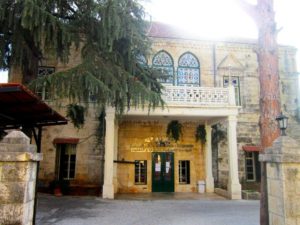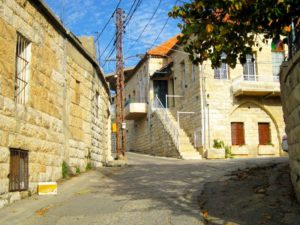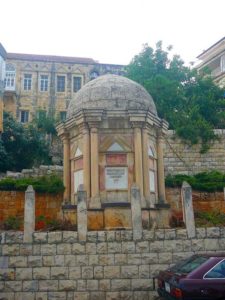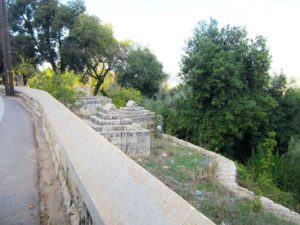CAZA:
Shouf 850 to 920m
850 to 920m Etymology:
Syriac origin, "Beit Aakline", meaning "the place of knots and turns"Baakline is a village of the Chouf region, located on a green hill overlooking Deir el-Qamar. Steeped in history, this village was the capital of the Maan emirs, including the most famous, Emir Fakhreddine II, and is a traditional stronghold of the Druze community in Lebanon. Baakline is a modern village that has preserved valuable historical monuments such as the Grand Seraglio of 1897 restored into a public library, the palace of Hussein Hamadeh built in 1591, the historic church of Saint-Elie dating from 1753 and the Druze temples or Khalwat dating from the 18th and 19th centuries. Within its narrow streets and small authentic squares, one discovers a major period of the history of Lebanon and a highlight of the Chouf region.
Must-do things
- The Grand Seraglio of 1897 restored into a public library
- The palace of Hussein Hamadeh built in 1591
- The historic church of Saint-Elie dating from 1753
- The old fountain in the center of the village
- The 300-year-old cemeteries and sarcophagi
- Baakline River leading to a natural pool in lush nature
- Multiple sources of water and waterfalls
- The olives, apples, figs and vines cultivation
- The annual festival celebrated on the occasion of Eid Al-Adha
- The public library, a former seraglio of 1897
- The restaurants near the river, in the heart of nature
- The textiles and wax production, and the embroidery manufacture
- A walk under the trees of this beautiful forest towards the river (Watch out for the huge hole – 70m deep – that you will discover on your way)
- Chalalat el-Zarka: A good Lebanese cuisine in an idyllic forest setting in Baakline, at the foot of a waterfall.
- The Chouf Cedars Nature Reserve, recognized by UNESCO in 2005 as a biosphere reserve
- Ain wa Zein grotto, 426 m deep, with its large rooms and spectacular vaults
- Kfarhim grotto adorned with stalactites and stalagmites
- The labelled villages of Beiteddine, Mokhtara and Deir el-Qamar








